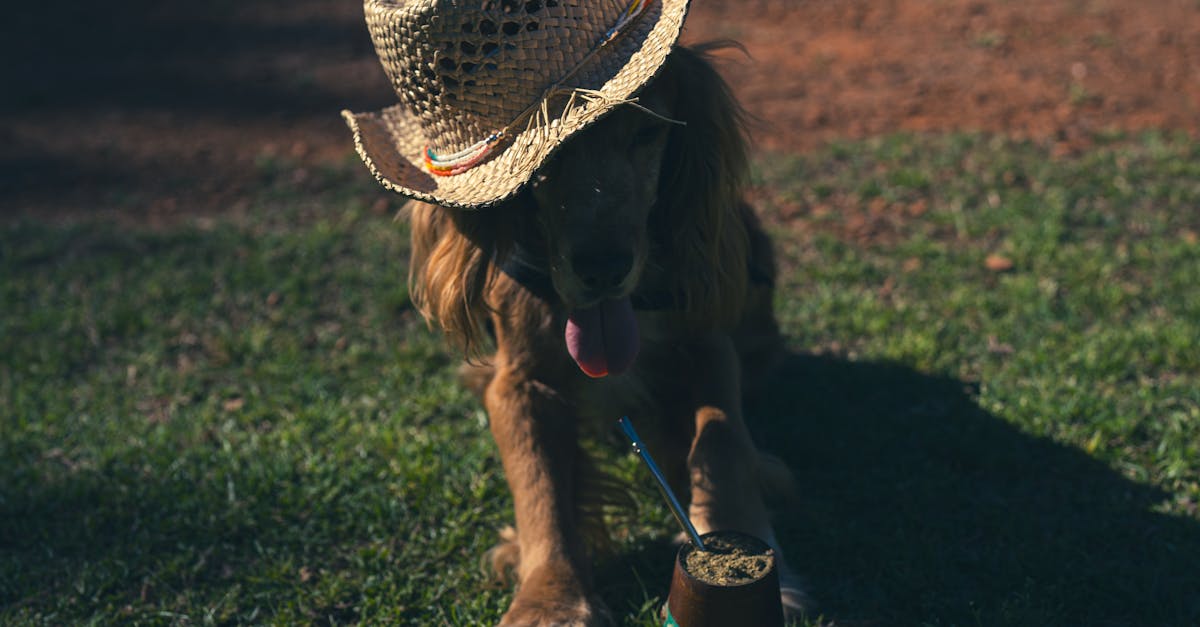Is your dog or cat experiencing long-term diarrhoea? It’s normal to feel worried when your pet isn’t feeling their best, especially when symptoms persist for days or weeks. Chronic diarrhoea can be messy, stressful, and may signal an underlying health issue. In this blog, we’ll walk you through the signs to watch for, potential causes, and what you can do to help your furry friend feel better.
⚠️ What to Watch For
Diarrhoea in pets is more than just loose stools—it’s often a sign of something deeper. Chronic diarrhoea is typically defined as diarrhoea lasting for more than 2-3 weeks. Keep an eye out for these symptoms:
- Frequent loose or watery stools
- Straining or urgency to defecate
- Blood or mucus in the stool
- Weight loss
- Lethargy or reduced energy
- Vomiting
- Loss of appetite
If your pet is showing any of these signs, it’s time to investigate further. Chronic diarrhoea can lead to dehydration and nutritional deficiencies if left untreated.
🔍 Possible Causes
Long-term diarrhoea in dogs and cats can result from a variety of issues, ranging from mild to severe. Identifying the cause is key to finding the right treatment. Here are some common culprits:
- Dietary issues: Food allergies, intolerances, or sudden changes in diet can upset your pet’s stomach.
- Parasites: Worms, giardia, or other intestinal parasites are frequent causes of diarrhoea in pets.
- Infections: Bacterial or viral infections can lead to prolonged digestive upset.
- Chronic conditions: Inflammatory bowel disease (IBD) or pancreatitis can cause ongoing diarrhoea.
- Stress: Changes in the environment, such as moving or introducing a new pet, can trigger diarrhoea.
- Toxins or medications: Ingesting harmful substances or side effects from certain medications can disrupt digestion.
In some cases, diarrhoea may point to more serious concerns, like organ dysfunction or cancer. A veterinary exam is essential to rule out life-threatening conditions.
✅ What You Can Do at Home
While your veterinarian is your best resource, there are steps you can take at home to manage mild cases of chronic diarrhoea:
- Switch to a bland diet: Boiled chicken (without seasoning) and plain white rice can help soothe your pet’s stomach.
- Offer plenty of fresh water: Diarrhoea can dehydrate your pet, so encourage drinking to replenish lost fluids.
- Probiotics: Ask your vet about pet-safe probiotics to help restore gut health.
- Stick to a consistent feeding routine: Avoid sudden changes in food that could worsen the issue.
- Monitor stool changes: Keep track of the frequency, consistency, and appearance of your pet’s stools.
If your pet’s diarrhoea doesn’t improve within a few days or if additional symptoms appear, it’s time to consult your veterinarian.
💡 When to Call a Vet
Not all diarrhoea can be managed at home, especially when it’s chronic. Contact a veterinarian if you notice:
- Diarrhoea lasting longer than 48 hours in puppies, kittens, or senior pets
- Severe dehydration (sunken eyes, dry gums, or lethargy)
- Large amounts of blood in the stool
- Sudden weight loss
- Black, tarry stools (a sign of internal bleeding)
- Frequent vomiting or inability to keep food and water down
- Abdominal pain or bloating
Your vet may recommend diagnostic tests such as stool analysis, blood work, or imaging to pinpoint the cause. Early intervention can prevent complications and help your pet recover faster.
FAQs
Q: Can stress cause chronic diarrhoea in pets?
A: Yes, stress can upset your pet’s digestive system, leading to diarrhoea. This is often referred to as “stress colitis.” Reducing stressors and maintaining a consistent routine can help.
Q: Should I withhold food if my pet has diarrhoea?
A: Short-term fasting (12–24 hours) may be recommended for adult pets with mild diarrhoea, but always consult your vet first. Puppies, kittens, and small breeds should not fast, as they are more prone to low blood sugar.
Book a $49 online vet consultation at https://www.dialavet.com for fast, expert advice.























